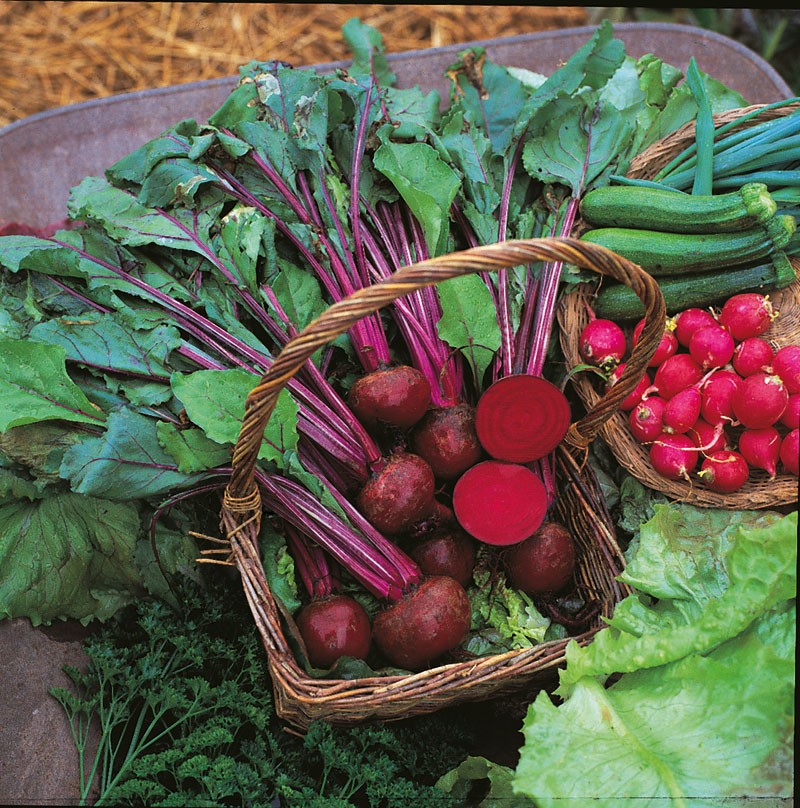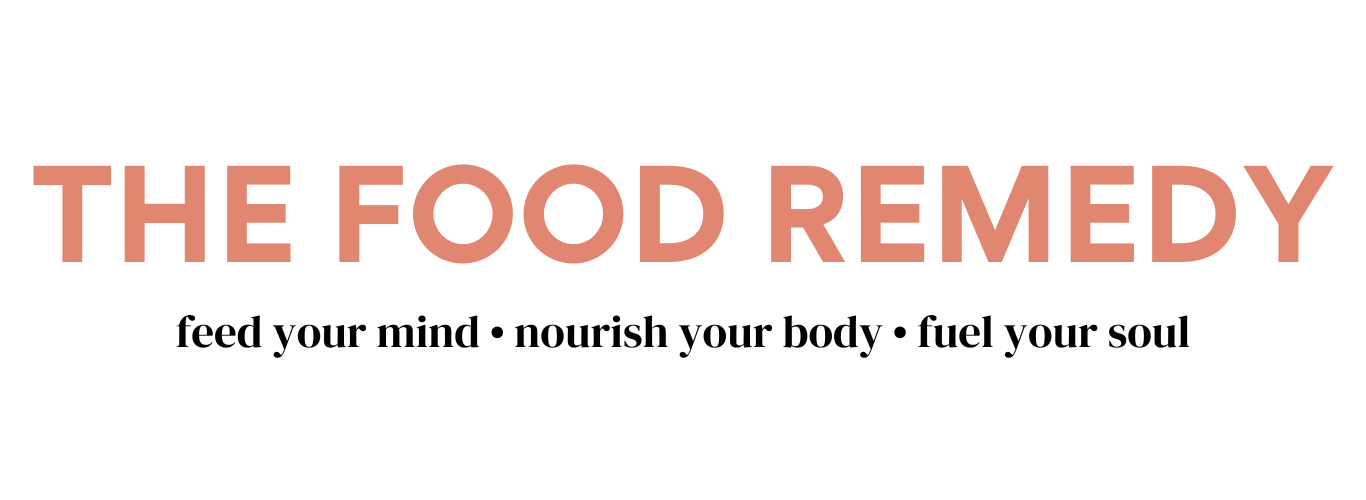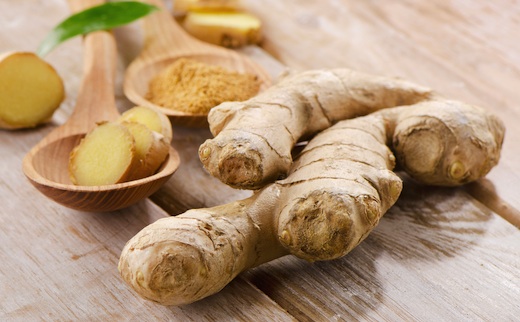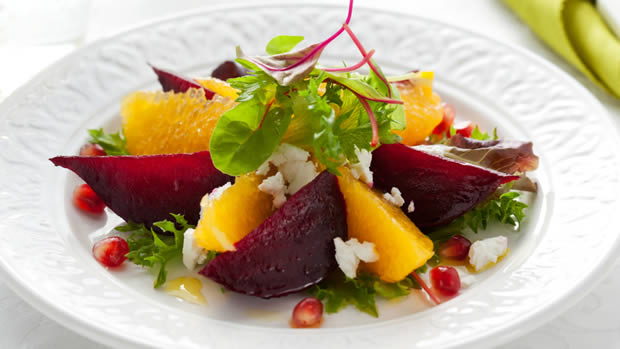Have you ever found yourself in a situation where you react totally inappropriate without even realising and then on reflection realise your past is interfereing with your present? If so this article is for you
Read moreThe Food Remedy - Chickpeas
Chickpeas
 Chickpeas or garbanzos are delicious and nutritious round bean that is popular in central Asian and Middle Eastern cuisines. It’s also available in a flour and is the main ingredient in hummus.
Chickpeas or garbanzos are delicious and nutritious round bean that is popular in central Asian and Middle Eastern cuisines. It’s also available in a flour and is the main ingredient in hummus.
Cholesterol and a Healthy heart
Chickpeas, are rich in both soluble and insoluble dietary fiber. Soluble fiber forms a gel-like substance in the digestive tract that helps excrete bile, which contains cholesterol, and ships it out of the body. Research suggests that regular intake of Chickpeas can lower LDL (bad) and total cholesterol. They also contain the significant amounts of folate and magnesium. Folate lowers the levels of the amino acid, homocysteine and strengthens the blood vessels. Studies have found chickpeas could lower the risk of heart attack.
Digestive disorders
Research studies have shown that insoluble fiber not only helps to increase stool bulk and prevent constipation, but also helps prevent digestive disorders. Chickpeas contain good amounts of the fibre.
Vegetarian and Vegans
Chickpeas are a good source of vegan protein. However it is considered an ‘incomplete’ protein as it does not contain all the 9 essential amino acids, Chickpeas lack the essential amino acid methionine and whole grains lack lysine. However when vegetarian and vegans combine things like hummus and whole meal pitta bread this produces a complete protein that contains all of the essential amino acids.
Weight Loss
Chickpeas have a low GI value which means the carbohydrate in them is broken down and digested slowly. The low GI and the high fiber content are excellent for weight loss as they keep you full longer and help controlling the appetite.
How to eat them
Chickpeas are delicious addition to salads can be mashed and made into falafels, vegetarian burgers, or blended and made into hummus.
The Food Remedy - Ginger
The Food Remedy, Health benefits of Cucumber
Diabetes
Stress
The Food Remedy - Beetroot
 Beetroot is a delicious root vegetable with dark, purple skin and pinky purple flesh. It sweet flavours and vivacious colour offers itself to both sweet and savoury dishes. It can be eaten you raw, by simply peel with a potato peeler and grate into a salad or my favourite way it using a spiralizer which turns into pretty ribbons. It can also be cooked in boiling water this usually takes around 15 minutes, or roasted at 180ºC until soft.
Beetroot is a delicious root vegetable with dark, purple skin and pinky purple flesh. It sweet flavours and vivacious colour offers itself to both sweet and savoury dishes. It can be eaten you raw, by simply peel with a potato peeler and grate into a salad or my favourite way it using a spiralizer which turns into pretty ribbons. It can also be cooked in boiling water this usually takes around 15 minutes, or roasted at 180ºC until soft.
Since Roman times, beetroot has been viewed as an aphrodisiac. It has a 'medium' Glycaemic Index of 64 and a an extremely low GL of 2.9 which means it’s converted into sugars very slowly which helps to keep blood sugar levels stable keeping you in the health promoting zone.
One study by Wake Forest University in North Carolina, USA found that the high content of nitrates in beetroot may help fight the progression of dementia as nitric oxide in the blood, produced by the nitrates in beetroot, helps increase blood flow to the brain. Beetroot’s folic acid may also play a part as studies suggest it can help protect against Alzheimer’s and dementia.
Folic acid is also essential for normal tissue growth and is crucial to the development of a baby’s spinal cord during the first three months of pregnancy as it helps prevent spinal cord defects such as spina bifida. Making beetroot a great food for expand mums to be munching on in the first few weeks of pregnancy.
Beetroot contains soluble fibre, which has also been shown to have cholesterol lowering competencies. It also contains carotenoids and flavonoids, which help prevent LDL or ‘bad’ cholesterol from being oxidised and deposited in the arteries.
Raw beetroot should have their stalks fresh, not wilting and roots nice and firm and intact.




